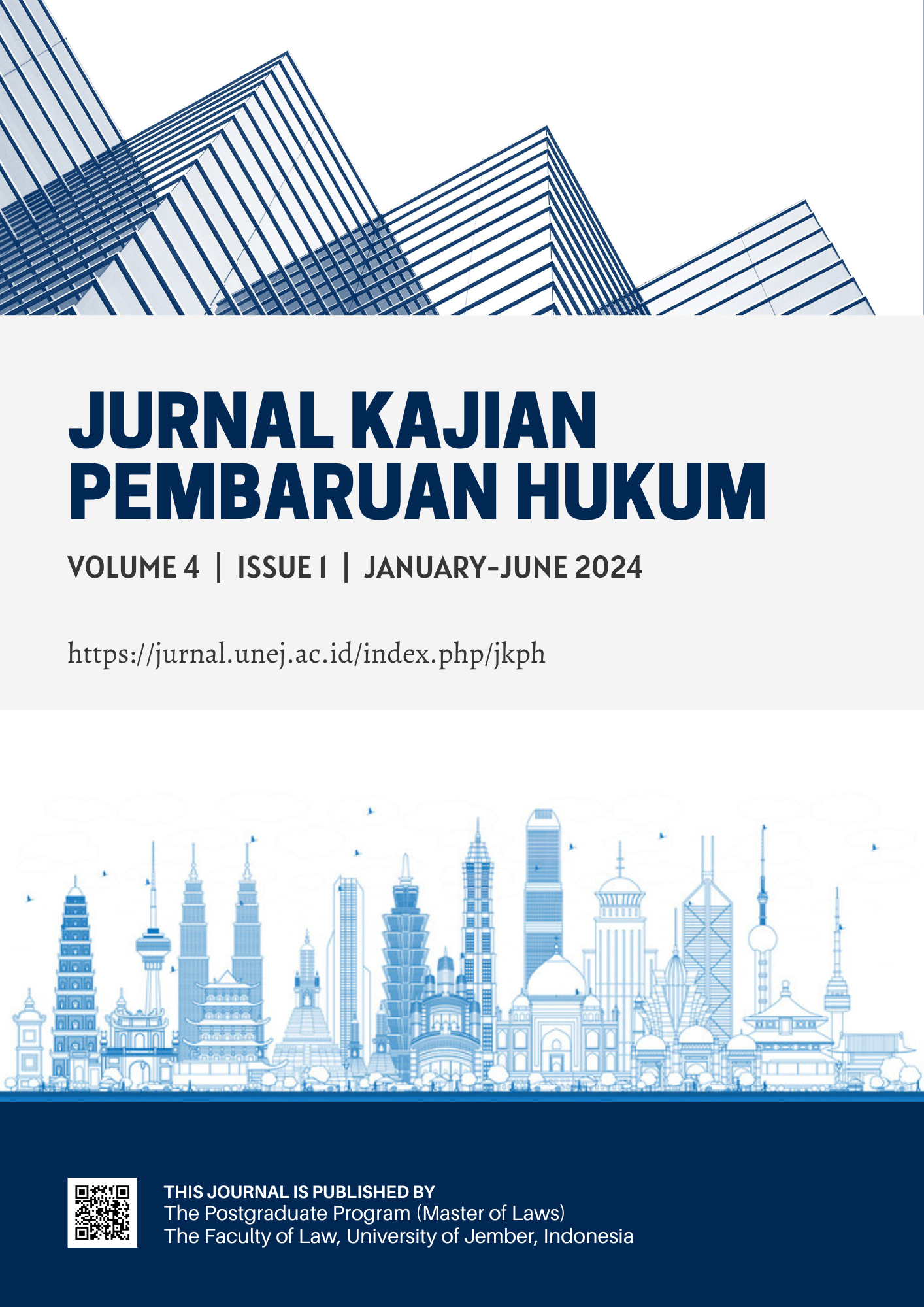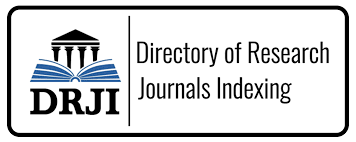Ratio Legis of Bankruptcy and Suspension of Debt Payment Obligations to Fulfil Creditors' Rights
Abstract
Law No. 37 of 2004 concerning Bankruptcy and PKPU was established to address the debtor's obligations amidst financial incapacity. However, Law No. 37 of 2004 is invoked as the underlying basis by corporations seeking to absolve themselves from debt obligations. The objective is to understand corporate rescue, the principles of commercial exit from financial distress, and their connection to the fulfilment of creditor rights in the PKPU or Bankruptcy processes under Law No. 37 of 2004. The research methodology is empirical juridical, with the primary data as the main source, supplemented by secondary data through observations and interviews, with qualitative analysis and inductive conclusions. The research findings indicate that the simplified evidentiary outlined in Law No. 37 of 2004 is inappropriately invoked as the legal basis for Debtors is financially solvable and viable. Consequently, this leads to creditors losing. Moreover, Law No. 37 of 2004 is considered irrelevant; the emphasis should shift towards the concept of corporate rescue as a principle for business continuity. This approach aligns with practices in developed countries within the EU, as outlined in Chapter 11 of the United States Bankruptcy Code, to be used as a parameter to revise Law No. 37 of 2004.











